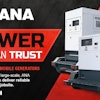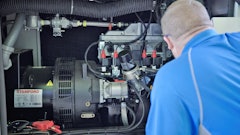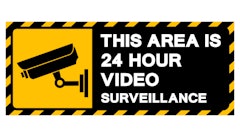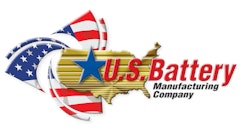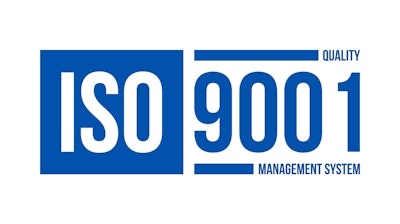
BigRentz achieved ISO 9001 certification.
"I'm incredibly proud of this achievement for our company and of the hard work of our team," said Scott Cannon, CEO of BigRentz. "The commitment and discipline required to achieve and maintain ISO Certification are qualities we regard highly in our company culture."
The International Organization for Standardization (ISO), based in Switzerland, is a nongovernmental, independent organization that develops standards to ensure the quality, safety and efficiency of products, services and systems. BigRentz has achieved the 9001 validation, which focuses on quality assurance principles such as customer service and management commitment to the process.
To become ISO certified, a company must develop, maintain and continuously improve its business processes.
It involves measuring and comparing business performance to seven quality standards or principles:
- Customer focus
- Leadership
- Engagement of people
- Process approach
- Improvement
- Evidence-based decision-making
- Relationship management.
Liz Faruzzi, senior vice president of operations excellence, who came over from a merger with Lizzy Lift, oversaw the ISO certification process. Part of Faruzzi's role at BigRentz is to emphasize the importance of quality assurance, particularly as it relates to customer experience. She coordinated a large portion of the ISO certification process and said that the exercise revealed many best practices that, now implemented, have been leading to improved key performance indicators and customer satisfaction.
While the company says it learned there were many good practices in place, it has now documented and implemented them across the entire organization. Processes and training procedures are cataloged and easily accessible to all employees in a shared filed system.
To maintain certification, companies must continue to fulfill the guidelines pertaining to the processes involved in each of the categories. Certification is good for three years as long as the standard is maintained as proven through annual audits by the external certifying body.

